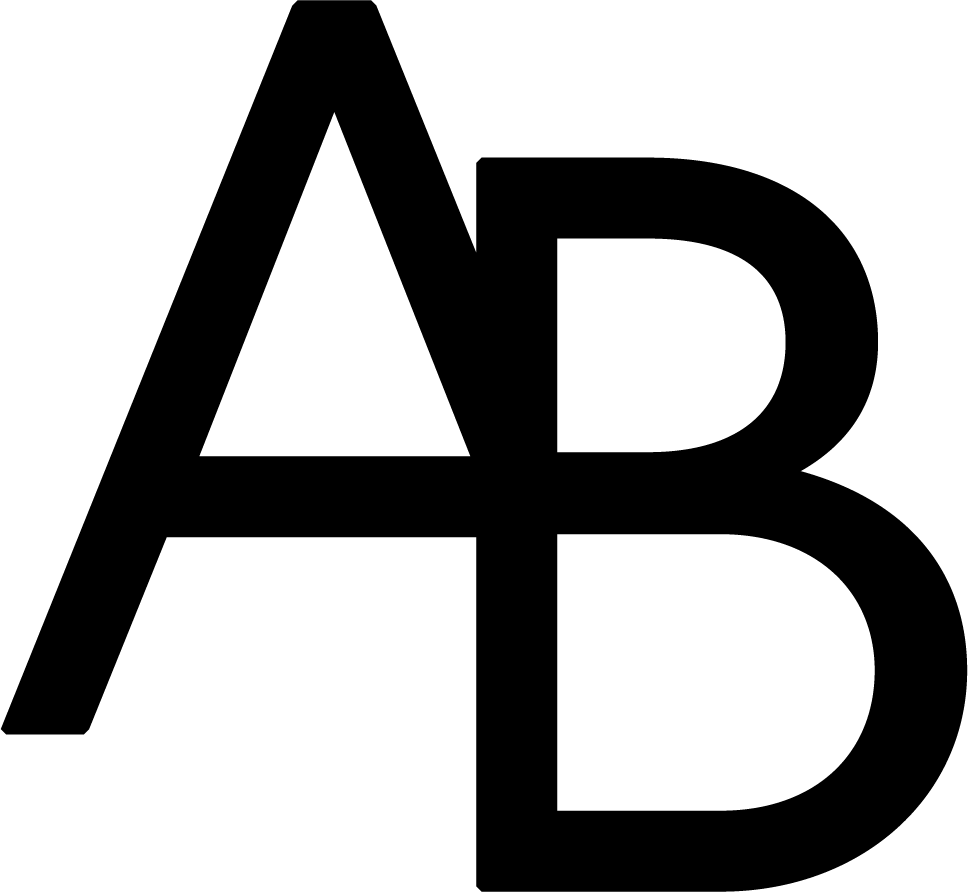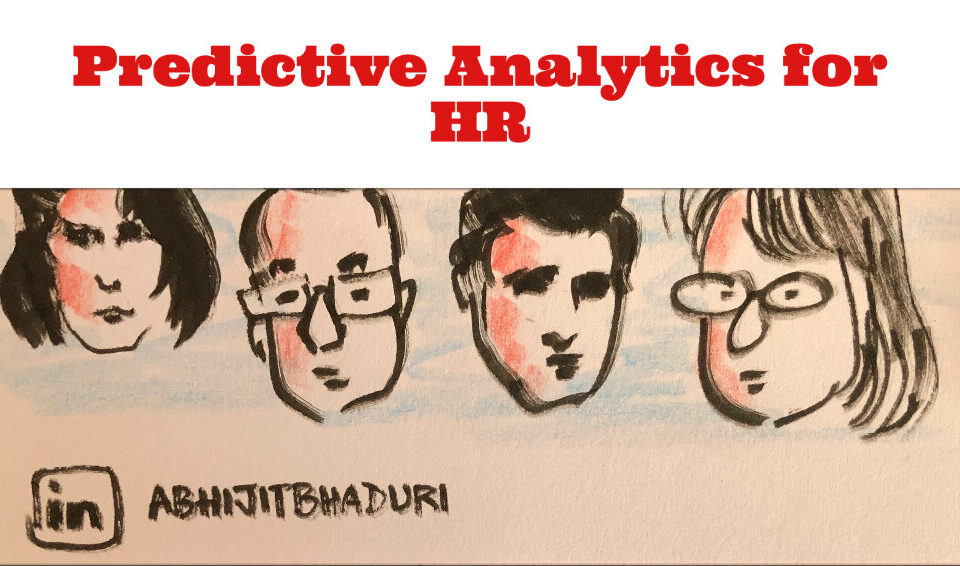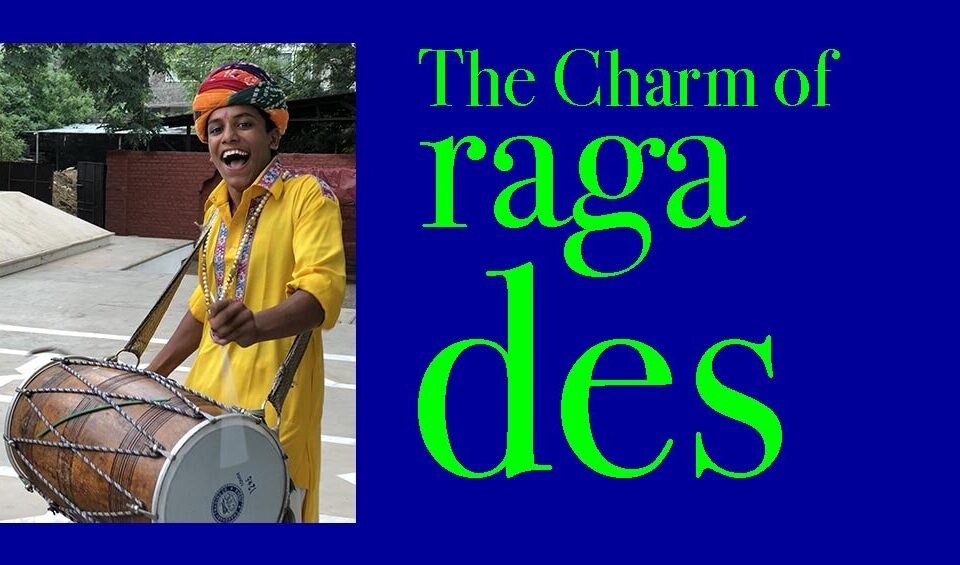When is the new year celebrated in India? Tough question to answer my friend. The answer is really "that depends". There is a spate of new year celebrations happening in different parts of India of late. The Sikhs celebrated the new year on 14 March to mark the first day of Chet - the first month of the year. The Parsis celebrated Jamshedi Navroz on 21st March 09. The Kashmiri new year Navreh was celebrated on 25 March '09. Two days later the the people from Andhra Pradesh and Karnataka celebrated Ugadi to ring in the new year.
Human Resources has long been looked at as a touchy-feely business. The stereotype of its practitioners is that they give warm and fuzzy answers to most business queries. A lot has been said to malign them. But with HR professionals increasingly turning to use Predictive Analytics all that is set to change. The wikipedia says Predictive Analysis uses different techniques that will analyze historical and current data to make predictions about the future behavior.
The "Mistry" in question is Pranav Mistry, Research Assistant and PhD candidate at the MIT Media Lab. What do you get when you combine a Web cam, a projector and a mirror, all connected wirelessly to a Bluetooth smartphone. You get Sixth Sense. Access to information that exists somewhere can give you an advantage. Hey look what having a search engine can do to the way you retrieve information. The constraint is that you pretty much need to have a cell phone or a portable computer which will give you access to the database. The When connected to the internet, the huge database of real time data can create a game changing device like sixth sense. You can watch the demo at Ted.com TED is short for Technology Entertainment and Design. That is one of the places you go to find out what is cool. And if that peer group gives you a standing ovation, you know that you are on to something big.
What I heard at home as I grew up was almost entirely Hindustani Classical with a limited exposure to a few composers of Western Classical. The radio was our chief source of music. There was of course an old turntable and a large collection of vinyl records that we all heard through the weekend. My father was a classical music buff and if he was home, the radio was on. He would occasionally pull out an old diary and scribble some notes after he heard a piece of music. "I maintain when I have heard what Raga and the name of the artiste", he used to say. "The same raga sung by a different artiste will evoke a different feeling."
Fresh out of Business School, MBA in hand, the taste of toast and mixed fruit jam still fresh in the mouth, when we joined the work place, life was very simple. You came in to work and bust your guts trying to work. We all hoped that the big boss would get impressed with our dedication.
These are tough times and most employers are not even hiring. Wrong. The demand for talented people never drops. Even during recession, the demand for high calibre talent never wavers. During boom times, the good, the bad and the mediocre all get wooed by the employers to counterbalance those leaving the company through the revolving door. In economies which are growing, there is always a need to upgrade talent and the talent scouts are always on the prowl. When the times are demanding, all that changes is that the need to differentiate talent also rises. It is in times like this how you get your foot in the door matters. If a business card summarizes your contact details then your resume is like a print advertisement for your career. So treat your resume as your chance at creating the one page commercial that gives you a high share of the hiring manager's mind.
"What do you see yourself doing five years from now?" I remember being asked this question when I was a fresh MBA. When I was applying for a role to head Human Resources for an advertsing agency a few years back the question popped up again. I suspect it is not the last time I have been asked that question.Why is this question asked? There could be many different reasons.
Like the rest of the planet you started off your career at the bottom of the food chain. Everyone around in the office knew you weren't expected to accomplish anything imprtant in the first few days or even months. You were paid to just exist and crib - which you did in plenty. You cribbed to other low life around you and complained that you were underpaid and overworked even while you took long coffee breaks and longer lunch breaks. You complained how unfair life was treating you because you were doing all the grunge work while your manager got all the attention.
Is Bollywood finally waking up to realize that it helps to have a good script to make a good movie? I don't know if we can apply that broad brush to paint all directors in the same color. Livemint.com in its issue dated 20 Dec 2008 has a piece that talks about the growing desire of directors to pick a bestseller since it has all the ingredients - gripping narrative, pre-soaked audience and of course name recall.









